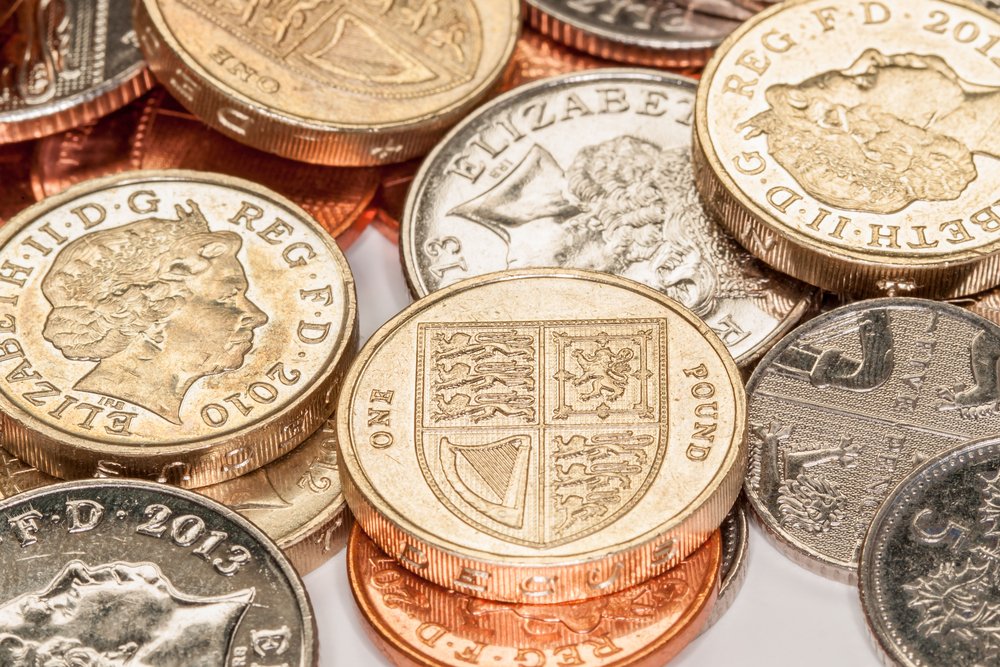The Sterling/euro exchange rate has taken another step towards parity as significant market movements in China overnight has seen the value of Sterling weaken further.
Looking at the latest exchange rates available, one euro will currently purchase just over 90p Sterling, an increase of almost 2p on yesterday.
Exchange rate analysts are predicting that the value of the euro against the Sterling could fluctuate between 75p and parity while the UK sorts out its Brexit affairs with the rest of the European Union.
The accelerated fall in the value of Sterling against the euro followed last weekend’s confirmation by British Prime Minister Theresa May that she will begin the process of initiating the UK’s exit from the EU in the early months of 2017.
While the latest weakness in the market can be attributed to a ‘flash crash’ in China last night, which sent shocks throughout the exchange rate markets.
Impact Of A Weaker Sterling
The weaker Sterling will not come as welcome news for Irish exporters and particularly the Irish agricultural sector.
According to the Central Statistics Office, in 2015 Ireland exported almost €5.1 billion worth of agricultural products and Irish imports from the UK were worth €3.8 billion.
The strength of the British pound had driven strong prices at a time when prices have been quite weak in the rest of Europe, particularly in respect of beef last year.
Consequently, with half of its beef exports going there, the UK is Ireland’s biggest beef market by far. If the pound is strong, it makes us highly price-competitive.
However, a weaker Sterling would lead to competitiveness problems for both beef and dairy prices. And a weaker Sterling may have a negative impact on both the beef and sheepmeat sectors.
Figures from Bord Bia show that the UK accounts for 54% of Irish beef exports and for 28% of Irish sheepmeat shipments.
Effects of the weaker Sterling have already been seen in the Irish beef trade, with the volume of Irish beef and live cattle exports falling since the result of the Brexit referendum became known.
In July, the month following the Brexit vote, the volume of Irish beef sold into the UK market declined by 20% compared to the corresponding time in 2015.

